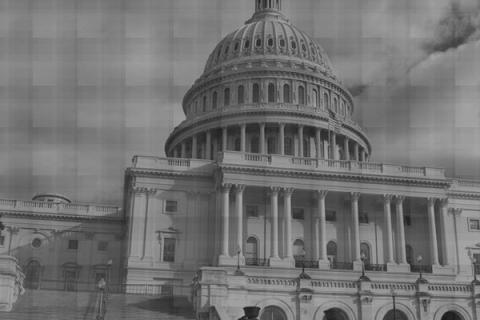Freshman state senator Michael Rubio has a bold plan to combat rising obesity and type 2 diabetes rates. He is proposing a bill that will prohibit CalFresh recipients from using benefits to purchase sugary drinks. While it's hard to find a non-conservative group in California that doesn't applaud the spirit of Rubio's nutritional crusade, his bill does have its corporate detractors: namely food-industry groups who say such a law would be too difficult to implement and enforce.
The measure (SB 471) would:
“require the State Department of Social Services to modify the list of allowable food items purchasable under CalFresh to prohibit recipients of CalFresh from purchasing with CalFresh benefits sweetened beverages containing more than 10 calories per cup, except that CalFresh benefits would be authorized to be used to purchase juice without added sugar, milk products, and milk substitutes, even if sweetened.”
In February, Rubio released an initial draft of his bill that contained much tighter regulations on food stamp usage. Originally, he sought to ban the purchase of any fast food item, soda and a long list of products that did not meet the nutritional standards approved for schools. "If it's good in schools, it should be good for food and social assistance," said the senator.
Rubio indicated that public funds shouldn't be used to subsidize unhealthy eating habits. This means CalFresh recipients should abide by official nutritional standards. "If folks want to buy junk food, they're free to do it with their own money," he said.
Concerns about fairness from anti-poverty and anti-hunger groups prevented SB 471 from gaining immediate traction. Targeting the shopping habits of low-income consumers isn't something these organizations could support.
There is also the question of feasibility. In a letter to legislators, the Coalition of California Welfare Rights asked:
"Are sandwiches from Togo's or Subway considered fast food? Are sandwiches made in grocery stores fast food? Does soda include canned lemonade and teas?"
The rookie lawmaker took account of these concerns when he narrowed the scope of the bill in March to focus on sweetened beverages (excluding juice with no added sugar, and milk products).
But even these lighter restrictions are impractical according to some retail groups. The California Grocers Association said the plan would be "entirely unworkable" for grocery stores.
"It is nearly impossible to identify, evaluate and track the nutritional profile of (every) beverage, or beverage product, for purchase in the ever-changing marketplace," wrote Kara Bush, CGA manager of government relations, in a letter opposing the bill.
Supporters call the measure “well-intended” and a step in the right direction. Health advocacy groups say it is good health policy. Representatives of the Lucile Packard Children's Hospital point out that similar restrictions on alcohol, cigarettes and dry goods provide a precedent for the ban.
The senate won't be debating the matter anytime soon. Rubio deleted the bill from an April committee agenda.
“We're breaking new ground. … We knew going into it that it would take some time to develop the best program from a policy perspective to reduce those (obesity and diabetes) rates," Rubio told the Sacramento Bee.
He has stated from the beginning that he plans to utilize most of the two-year session to form a workable bill.
In order for the bill to reach the senate floor, however, it will have to be cleared by federal regulators. The U.S. Department of Agriculture must approve a special waiver for the proposed ban to take effect. Such a waiver has never been issued by the federal government. What's more, analysis of the bill by a committee has raised doubt about whether or not the USDA even has the authority to issue the waiver with some legislators saying a change in federal law might be necessary. State lawmakers will be watching the fate of a similar request made by New York City to ban certain luxury items from being purchased with SNAP benefits.

